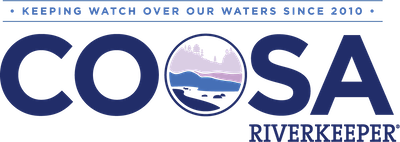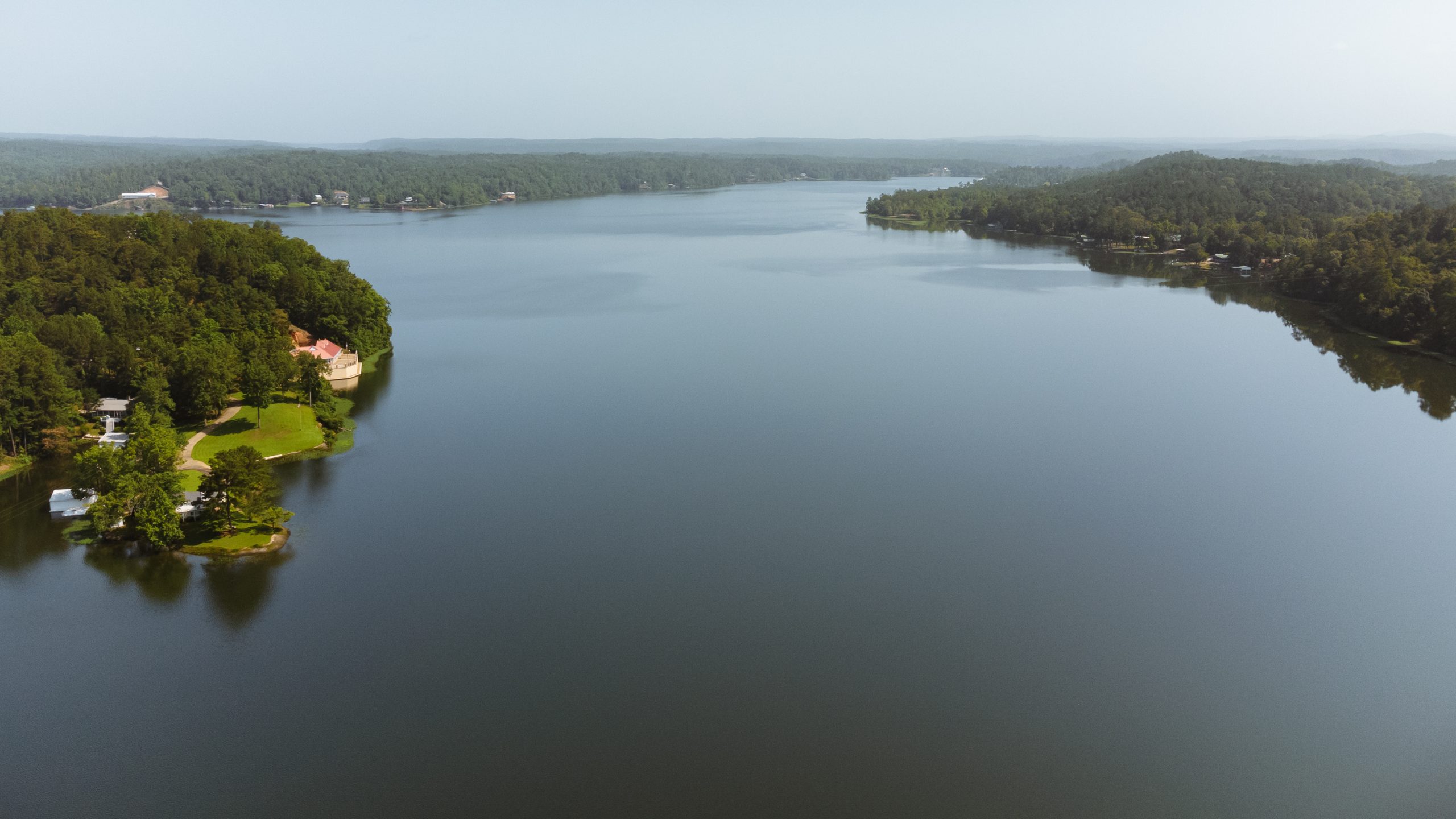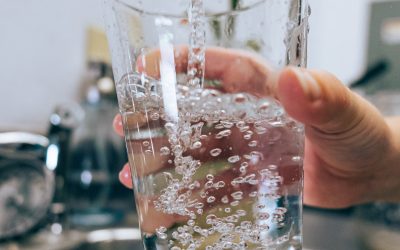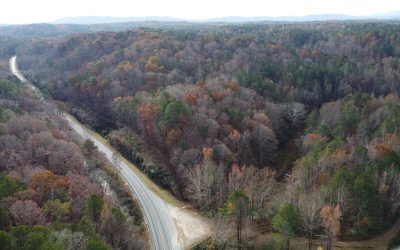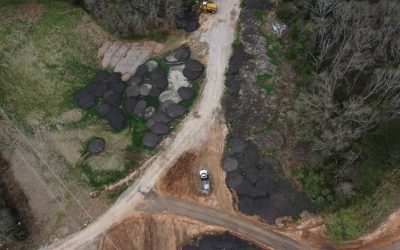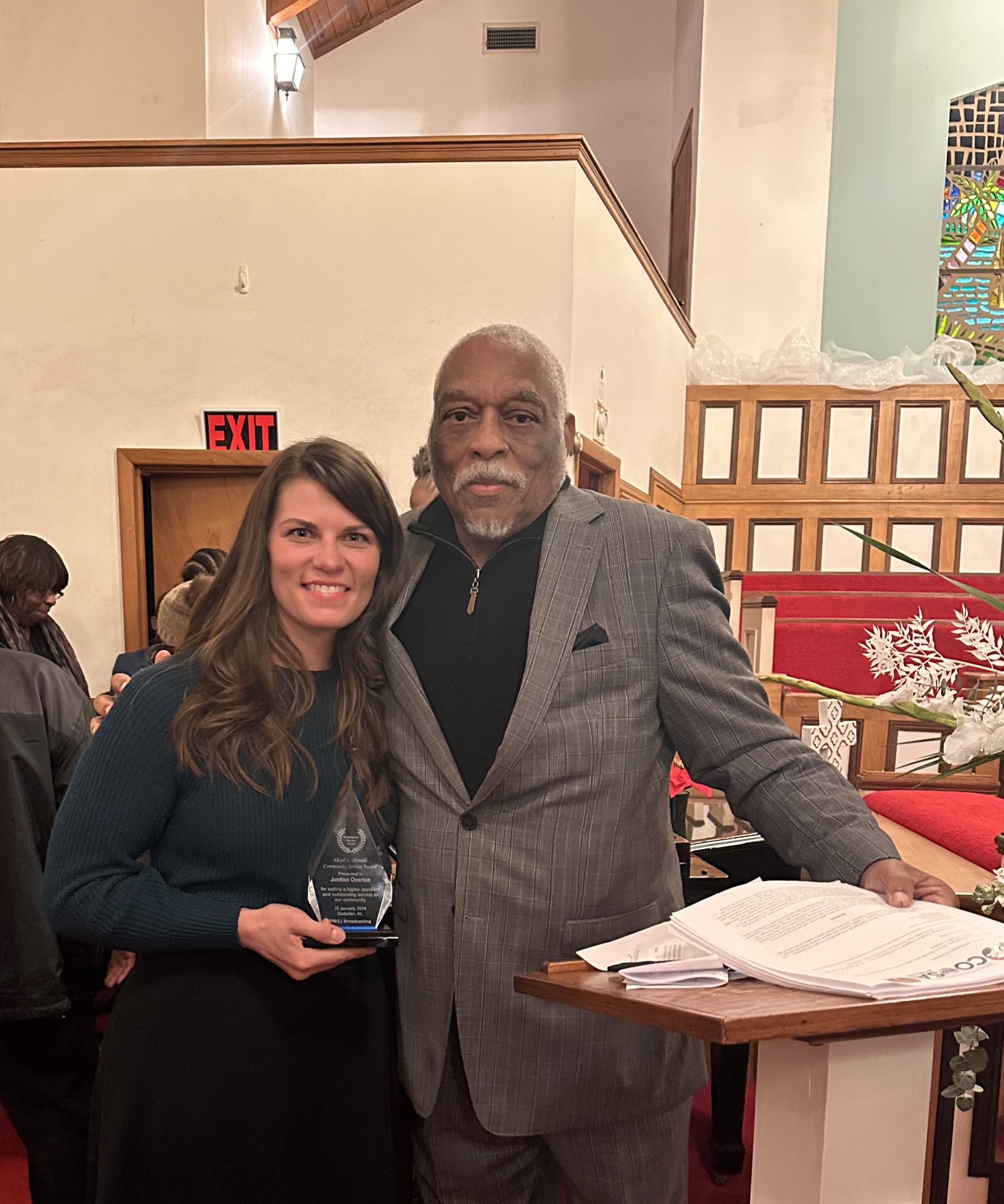
Riverkeeper Receives MLK Award in Response to Gadsden Sewer Organizing and Litigation
Background
The root cause of Gadsden’s sewage problem is that, for many years, the GWWSB has neglected its duty to manage and maintain sewage infrastructure. The GWWSB allowed Gadsden’s sanitary sewers to fall into disrepair. Sewer pipes and manholes leak, collapse, get blocked, and suffer other problems. On some properties, roof drains, sump pumps, and other water collection features are improperly connected to the sewer system, causing excess flow that the system cannot handle. Blockages in the pipes cause sewage backups and overflows. Rainwater and groundwater enter the sewer system through its cracked, leaking, and collapsed pipes and manholes. These problems overwhelm the capacity of the sewer pipes and other sewer infrastructure and complicate operation of the sewage treatment plants, causing permit violations at the sewage treatment plants too. Together, all of these problems lead to overflows of untreated and inadequately treated sewage throughout Gadsden.
In November 2021, four environmental and civic groups informed the GWWSB that they intended to file a lawsuit over the persistent mismanagement and state of disrepair that leads to sewage overflows in Gadsden. The groups are Coosa Riverkeeper, Advance Etowah, the Center for Biological Diversity, and Our Children’s Earth Foundation.
We met with the GWWSB to discuss the possibility of quickly agreeing on a joint plan to investigate and repair the local sewers. That effort did not succeed. We then met with the Alabama Department of Environmental Management (“ADEM”) to explain our concerns.
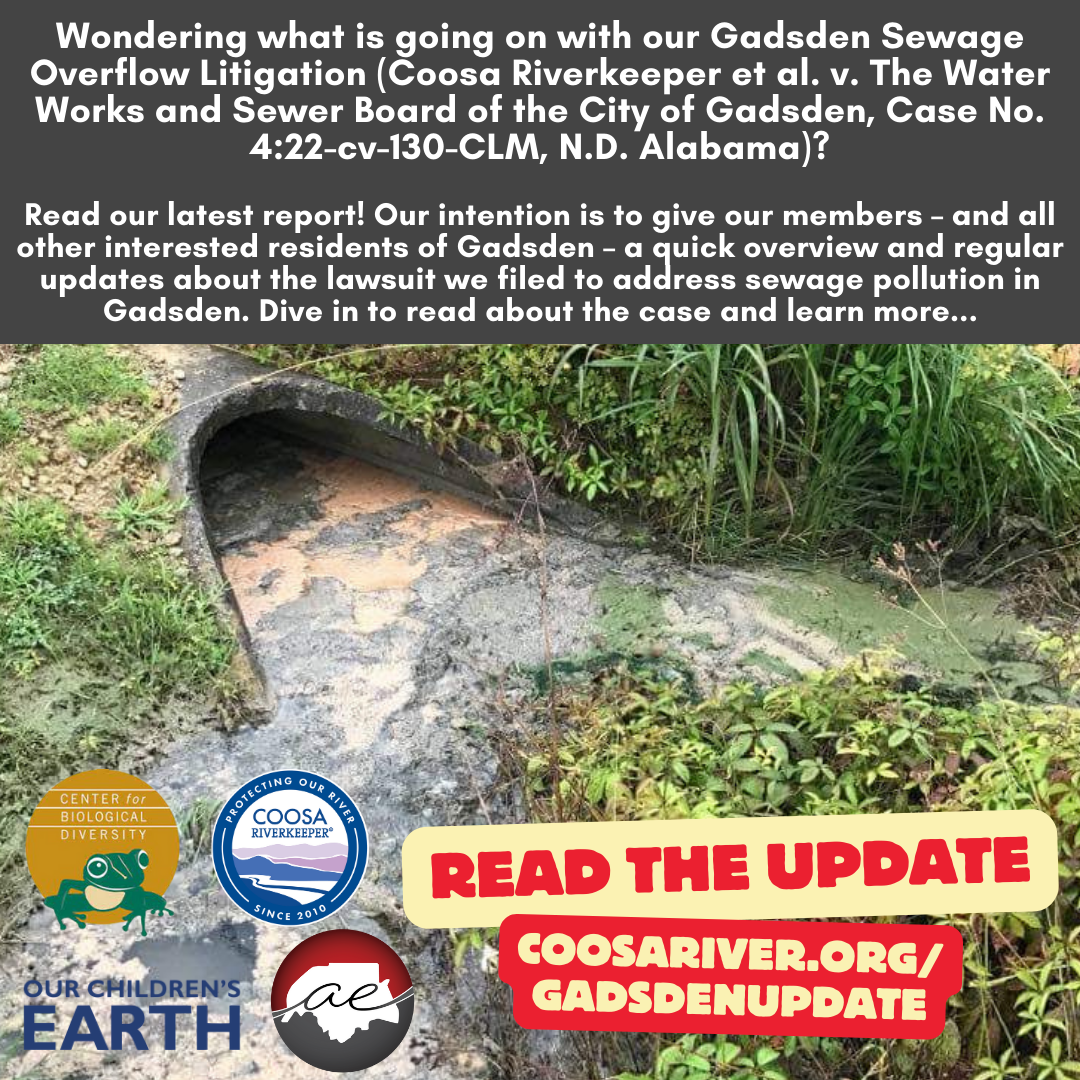
Updates
2022 Update:
In February 2022, we filed the sewage lawsuit in federal court (the United States District Court for the Northern District of Alabama), alleging that GWWSB’s pollution and its management practices violate one of the nation’s keystone environmental laws: the Clean Water Act. That act allows citizens to hold polluters accountable for violations of federal water pollution laws in federal courts.
Our complaint identified many ways that the GWWSB violates federal water pollution laws, including: allowing sewage overflows throughout the city; not properly reporting those overflows to ADEM or to the public; letting the sewer system fall into disrepair because of long term deficiencies in GWWSB’s maintenance, management, and funding practices; not preventing pipe blockages that cause overflows; violations of numeric limits on polluted discharge from GWWSB’s sewage treatment plants; pollution monitoring and recordkeeping problems at the sewage treatment plants; and water quality violations in local waterbodies affected by sewage pollution. After meeting with us and reviewing our concerns, ADEM also filed a lawsuit against the GWWSB in state court (the Etowah County circuit court) because GWWSB’s sewage overflows violate Alabama’s environmental laws.
In March 2022, GWWSB moved to have the federal case dismissed in light of ADEM’s lawsuit. GWWSB’s motion temporarily put the federal lawsuit on hold. But in June 2022, the federal court decided that the two cases differed enough that both could proceed.
However, before investing too much time in adversarial trial activities in either court, the GWWSB, ADEM, and the environmental and civic groups decided to try working together to settle both cases. Over the summer and fall of 2022, the parties asked both courts to temporarily suspend all preparations towards trial. ADEM and the environmental and civic groups put forward different but compatible proposals for resolving the cases. But the GWWSB did not respond to these proposals.
2023 Update:
In February 2023, all of the parties in both the federal and state cases convened at the ADEM offices in Birmingham for a full in person meeting to discuss the settlement proposals put forward months earlier. At the meeting, GWWSB explained that, before it could provide a detailed response to the settlement proposals, it needed to complete an engineering report about the condition of its sewer system and options for repair. The parties asked the court to extend the stay of litigation until GWWSB completed its report.
GWWSB completed its engineering report in May 2023. Based on the report, the environmental and civic groups put forward a modified settlement proposal for ADEM and GWWSB to consider in June 2023. But GWWSB still did not provide a detailed response.
Over the summer of 2023, the settlement process did not advance quickly. So, in September 2023, the parties in the federal suit (the environmental and civic groups and GWWSB) agreed on a “case management plan” that would move the case towards trial while they continued to try and settle the case at the same time. Although settlement talks continue, in fall 2023 the case entered the “discovery” phase: the two sides must exchange information and prepare for trial.
As of the end of 2023:
- the GWWSB still has not responded to the pending settlement proposals.
- Litigation is moving forward through the discovery process. In the last quarter of 2023, the civic and environmental groups requested that GWWSB produce records as part of the discovery process. The GWWSB is expected to produce records in the first quarter of 2024.
- The parties are still trying to reach a settlement and hope to make significant progress in the first quarter of 2024. We are trying to work through a two-step process with the GWWSB –short term measures in step one, followed by a long-term agreement in step two. The parties are very close to agreeing on the first step. If all of the parties agree on the first step, they will ask the federal court to pause the litigation calendar again while they try to work through the second, more difficult step of the settlement process. Early in the second step of the process, the GWWSB will provide a complete response to the settlement proposals that have been on the table since 2022. At that point, all the parties can work together with ADEM to resolve the federal and state cases together.
